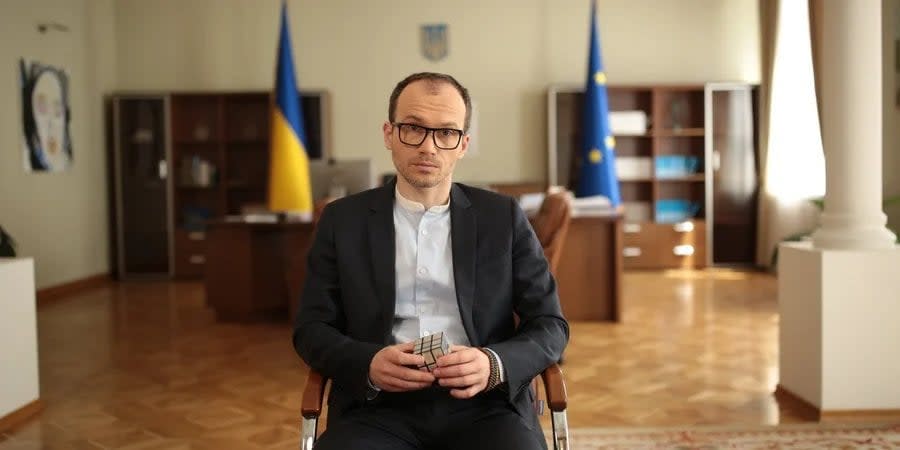Ukraine grants parole to 350 prisoners for war effort against Russia

Nearly 350 prisoners have been granted parole for mobilization into the army in Ukraine, Justice Minister Denys Malyuska said in an interview with The New York Times.
The judiciary is currently reviewing an additional 4,300 applications from convicted individuals.
Read also: Ukraine mobilization law spurs trucker protest, disrupts Kyiv highway in Odesa Oblast
The prisoners will participate in combat operations in exchange for the possibility of parole.
Read also: Ukrainian prisoners of war tortured in Russia - UN report
Approximately 20,000 prisoners could join the Armes Forces, including those who are in pre-trial detention centres, Malyuska added.
Mobilization of prisoners in Ukraine
On May 8, the Verkhovna Rada passed draft law No. 11079-1 in its second reading, allowing certain categories of prisoners to mobilize into the Armed Forces. This can only happen voluntarily and after a court decision. Those convicted of intentional murder, rape, sexual violence, crimes against national security, and similar offenses are excluded from mobilization.
Read also: Russia releases mostly convicts in prisoner exchange — video
The Servant of the People party clarified that convicted corrupt officials and individuals who held particularly responsible positions, such as deputies and ministers, will not be allowed to join the Armed Forces.
Eligible prisoners must have no more than three years remaining on their sentences.
David Arahamia, the chairman of the ruling Servant of the People political party, estimated that 15,000 to 20,000 prisoners in Ukraine could be mobilized, though only a few thousand are expected to sign the contract.
We’re bringing the voice of Ukraine to the world. Support us with a one-time donation, or become a Patron!
Read the original article on The New Voice of Ukraine

